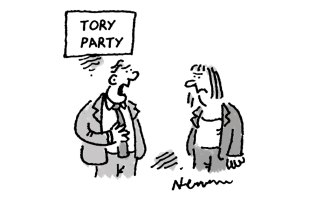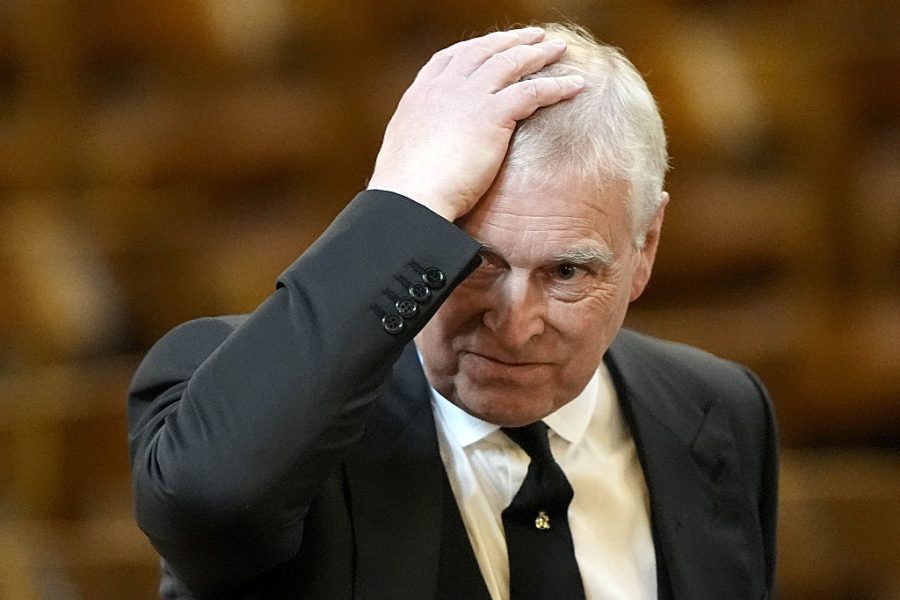For a television talent show, Afghan Star had unusually high stakes. When it first hit Afghanistan’s screens in 2005, four years after the fall of the Taliban, it represented the triumph of music over those who had attempted to smother it. Even from the show’s somewhat chaotic inception, it galvanised a nation, sending supporters out on to the streets to canvas for their favourite performers.
When the Taliban first swept into town, people were overjoyed: they were seen as ‘angels of peace’
The first winner, Shakib Hamdard, certainly deserved some luck: he had lost his father to a suicide bomb and his brother to a rocket attack, and was driving a taxi around Kabul to support his mother and sister. Here he recalls the raw excitement of hearing he had won, followed by the surreal vision of his fans fighting with those of the runner-up. Luckily it was with fists, he said, and not knives.
The story of Afghan Star is narrated by the US musician John Legend, himself a star of the television shows American Idol and The Voice. Legend understands something of religious restriction: he grew up in the bosom of the Pentecostal church, which was rich in gospel music but frowned upon the secular variety.
Yet it was still a world away from the energetic fanaticism of the Taliban, which restricted permissible music to that of the human voice, raised solely in chanting praise to an easily displeased God. The photograph that drew him into the story, Legend says, was of four Talibs looking on approvingly as a great pile of musical instruments burnt to a charred crisp.
The first episode of the podcast – always a challenge – sketches the big picture for a broad audience, with Legend’s declamatory style lending it the slightly over-polished feel of a cinema voiceover. By the second episode his narration has relaxed a little, and the story takes off as the Afghans caught up in this national drama get more time to speak.
Some of the most evocative memories come from Daoud Sediqi, who hosted the first series, as he recalls his 1990s Kabul childhood. His favourite place in the whole world back then was the nearby cinema: a magical refuge which screened Bollywood films and had an ice-cream shop next door. Then civil war broke out among rival
factions of the mujahideen, and the city streets became a battlefield. One day Daoud looked out of his bedroom window to witness ‘a rocket with fire behind it’ hitting the cinema. The devastation was both real and symbolic.
When the Taliban swept into town the first time, he said, people were overjoyed: they were seen as ‘angels of peace’ who could end the corruption and mayhem of the warlords – until, that is, the reality of their rule became apparent. The Taliban banned kite-flying, pigeon-racing and dancing. Daoud’s sisters were pulled out of school. The group set up checkpoints at which they beat drivers who still had cassette tapes, unspooling the shiny innards and hanging them from trees. The next thing that Daoud saw hanging, in a nearby square, were the hands and feet of a person who had offended the new rulers. Yet even as the danger intensified, the urge to rebel was irresistible: he and his friends set up a ‘secret clubhouse’ high in an abandoned tower block, where they played live music and had parties.
In one sense, this series is less about the talent show itself than what surrounded it: the suffering and resilience of ordinary Afghans, and how light entertainment accrued unusual weight after a long period in which all forms of joy were routinely starved. In the fledgling democracy after the Taliban was first routed in 2001, Afghan Star was a way of letting the citizenry refamiliarise themselves with aspects of civic society – getting the public accustomed to female judges and even the business of voting.

It’s a compelling story, and Legend is to be congratulated for lending his celebrity to the tale and shining a light on it. Still, it’s hard to hear without a jolt of shame, remembering the shambolic way the US and its allies cut and run in 2021, allowing that beauty and brightness to be entombed by vengeful clerics all over again.
Back in Britain, Poetry Please, the long-running Radio 4 show in which listeners request their favourite poems, returns for another series. The host Roger McGough’s first guest is the writer and comedian Frank Skinner, who has his own successful poetry podcast, and has become something of a Pied Piper for what Coleridge once defined as ‘the best words in the best order’.
Nonetheless Skinner was clearly delighted to be on McGough’s show – ‘I’ve got the set now: Match of the Day, Poetry Please, Panorama!’ – and proved an insightful guest: deeply enthusiastic without being irritating. Liz Berry’s poem ‘Connemara’ from The Republic of Motherhood nearly had him in tears. I especially enjoyed Skinner’s foray into Alexander Pope – ‘I’m a big fan of the heroic couplet’ – which he read out himself. In the extract, the poet is mulling in verse to his friend and physician Arbuthnot on the puzzle of why he writes, afflicted as he is by numerous annoyances and ailments.
The poetic Muse exists, Pope eventually concludes, ‘to help me through this long disease, my life’. For the surprisingly large numbers who gain consolation from poetry, so say all of us.









Comments